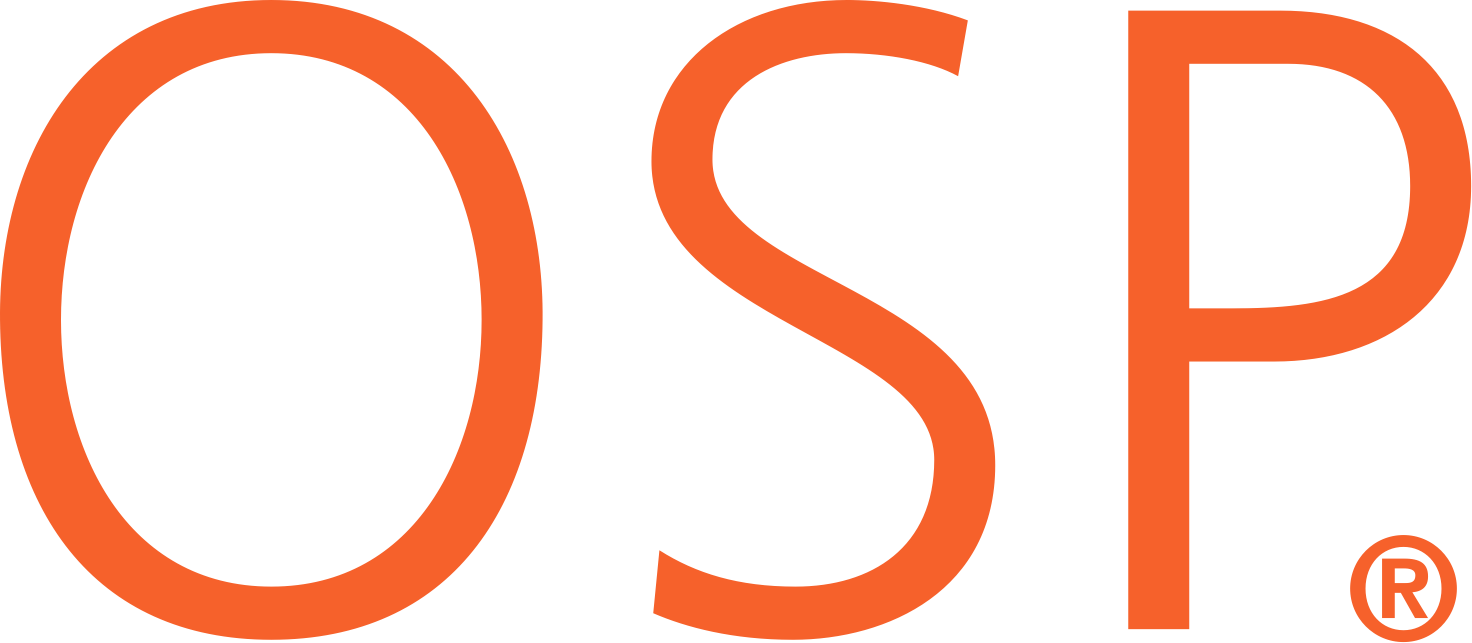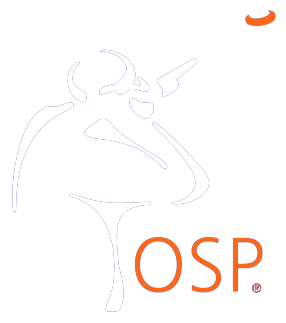The Pitfalls of Unsolicited Help
It seems that we are getting more and more questions and comments about how other shooters are “helping” people without being asked, especially the Level I and Level II instructors. For example, a man called us and said he was an 80-85% shooter until one day an instructor told him he was left eye dominant and to improve he would have to switch shoulders or put a dot over one eye.
Let’s think about this. He is shooting 80-85%. His problem is probably not that he is left eye dominant. He is too good of a shooter for that to be a problem. After talking to him for 10 minutes on the phone, having never met this person, we asked him what he was doing to hit the targets. We talked about how he was approaching the targets and most importantly, the last thing he saw before pulling the trigger. Many times he saw the barrel of the gun and had lost focus on the target.
We told him to go to the skeet range and shoot low 2 and high 5. Find the spot where he focused on the bird and the spot to break the bird and put the gun in the middle. See the target, move the gun with the target, and break the target where he had predetermined, pulling the trigger when the gun came to his cheek. This was on Wednesday.
On Friday he called to tell us he had done as we suggested, shooting singles on the skeet field. A friend came by and they went to shoot sporting clays and he shot his best score ever. He was thrilled that he would not have to change shoulders or patch his eye. He also realized he was not left eye dominant; he was just looking at the gun instead of the target. He is now the holder of all the championships at his club: trap, skeet, and sporting clays - shooting with one small modification to what he was doing before he got this free advice.
Be careful who you listen to.Just because someone says he or she is a certified instructor does not mean he knows how to correct your problem. If the person giving the advice offers suggestions without asking what you are doing and seeing, don't listen to them. The instructor doesn't know what you are seeing or doing. How can they possibly know how to correct the problem? Too many certified instructors only know one way to teach and not how to explain to you the best way for you to hit the target.
A Level I instructor is to instruct only a novice to beginner - not to offer free advice to a AA, 85% shooter. A Level II instructor only has the ability to teach the intermediate shooter. A Level III instructor has the hours of teaching and experience to teach the more experienced shooter. Don't always believe in a person unless you know they have the experience of many hours of teaching all levels of shooters. This does not mean that a Level I or II instructor is not credible. It just means to judge your trust in them by their experience and credibility rather than their level of certification.
How well they can shoot or their certification doesn’t ensure credibility; experience ensures credibility.
Technical expertise is always preceded by experience. Listen to the instructors who have the experience teaching, not necessarily just shooting. This is required to have credibility. You should be more interested in learning how to shoot better than how well they can shoot. When you take advice from a shooter, it has everything to do with how they do it. When you take advice from an experienced coach, it has everything to do with how you can do it. That is the difference between taking advice from a shooter or taking advice from an experienced coach.
Remember, when you take advice from other shooters, you are limited to how well you can do what they do, not necessarily what you can do best. Be careful who you listen to.
As certified Level III instructors who do only this for a living, we have learned to never offer advice unless asked for, and only then after careful consideration of what the shooter is actually doing do we offer any advice.
Remember, instructors: your credibility is on the line. Be careful what you say. Don’t just offer advice that may or may not be correct unless you have asked questions and watched the person shoot. What you say has consequences. Remember the 85% shooter who was told he was left eye dominant when that wasn’t the real problem. The real problem was he was looking at the gun, not the target.
Instructors, be careful what you offer. And shooters, be careful who you listen to. It is a two-way street.

